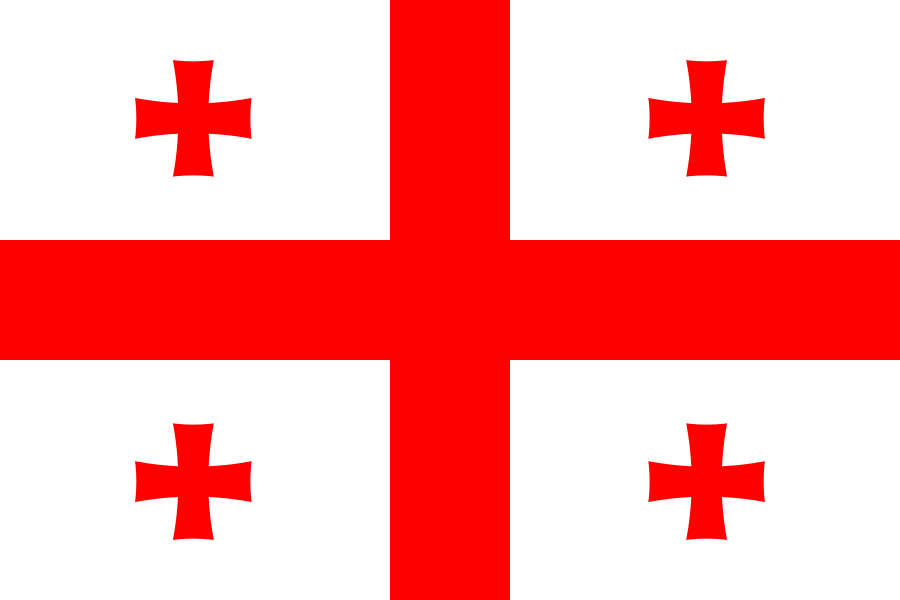EU supports Georgia in boosting its renewable energy potential
On 9 December, in Tbilisi, the Energy Community Secretariat, with the support of the EU, under the umbrella of the EU4Energy project (phase II), brought together Georgian stakeholders for the Workshop to discuss establishing a conducive renewables legal framework.
The workshop focused on clarifying and fine-tuning draft amendments to the country’s primary and secondary legislation on renewables, prepared by the service provider under the project, which aim to transpose the new Renewable Energy Directive (DIRECTIVE (EU) 2018/2001 of 11 December 2018 on the promotion of the use of energy from renewable sources). The discussion focused on support schemes, transport, heating and cooling, as well as self-consumption schemes and energy communities.
Adopting the draft amendments will ensure the fulfillment of Georgia’s obligations under the Energy Community Treaty and contribute to the broader deployment of energy from renewable sources necessary for the energy transition and reaching climate goals.
The workshop brought together representatives of the Ministry of Economy and Sustainable Development of Georgia (MoESD), the Georgian National Energy and Water Supply Regulatory Commission (GNERC), the electricity transmission system operator - JSC Georgian State Electro system (GSE), the Electricity Market Operator (ESCO) and other stakeholders.
EU4Energy Programme Phase II was launched by the European Union as part of its Regional Action Programme – East and spans between 2021 and 2024. EU4Energy Project Phase II aims to foster the clean energy transition and decarbonisation in Georgia, Moldova and Ukraine and to contribute to the post-2020 Eastern Partnership architecture. The action will provide support through evidence-based energy policy design and transposition and implementation of the Energy Community acquis / DCFTA / EU best practice legal framework.
DISCLAIMER
This publication was produced with the financial support of the European Union. Its contents are the sole responsibility of the Energy Community Secretariat and do not necessarily reflect the views of the European Union.
The EU4Energy Governance Project is co-funded by the European Union and implemented by the Energy Community Secretariat.

